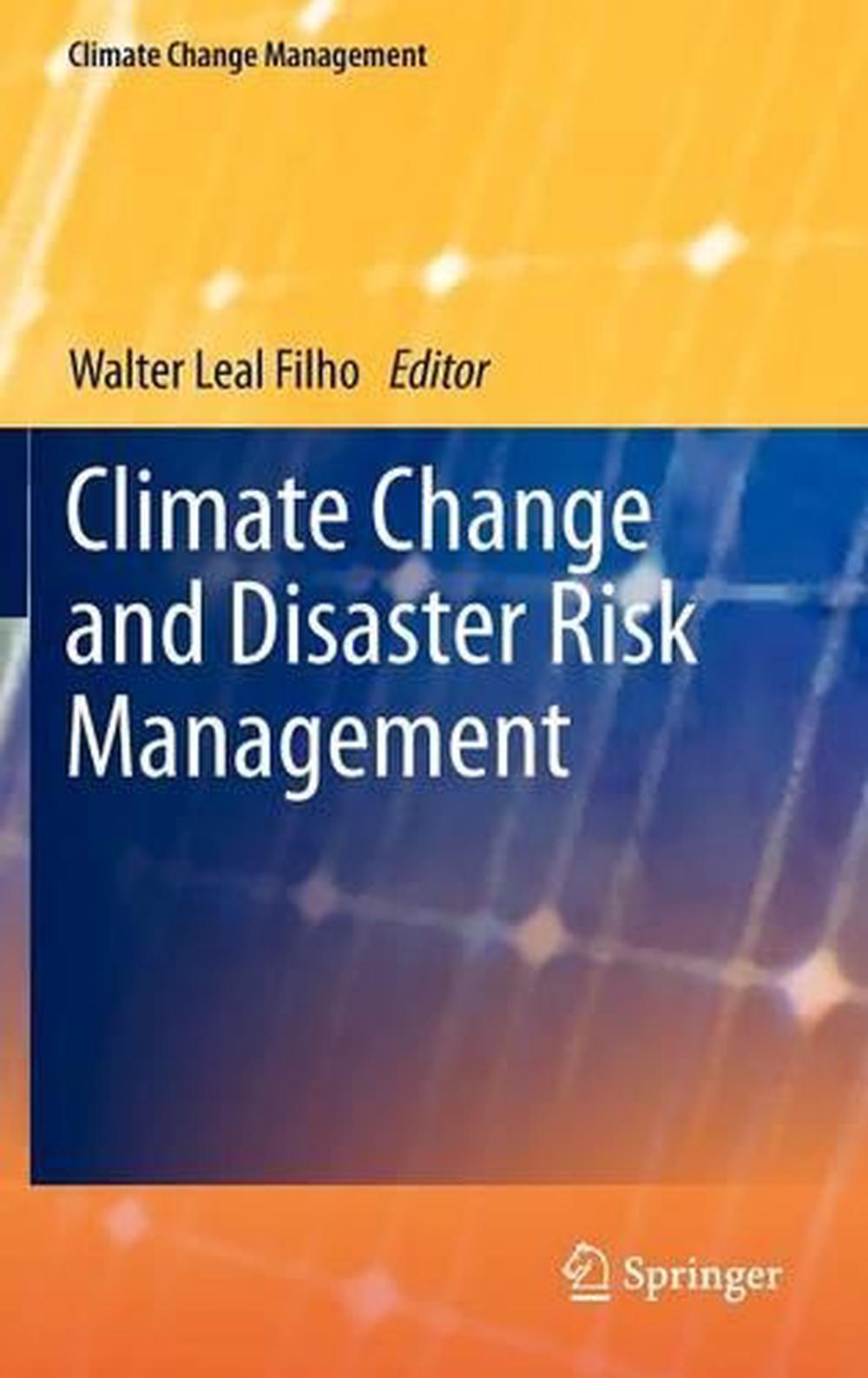
And the most important organisations doing that are government and business. There’s nothing more important than tackling the climate emergency. If you are a registered author of this item, you may also want to check the "citations" tab in your RePEc Author Service profile, as there may be some citations waiting for confirmation.įor technical questions regarding this item, or to correct its authors, title, abstract, bibliographic or download information, contact: Stefan Ciucu (email available below).

If you know of missing items citing this one, you can help us creating those links by adding the relevant references in the same way as above, for each refering item. If CitEc recognized a bibliographic reference but did not link an item in RePEc to it, you can help with this form. It also allows you to accept potential citations to this item that we are uncertain about. This allows to link your profile to this item.

If you have authored this item and are not yet registered with RePEc, we encourage you to do it here. See general information about how to correct material in RePEc.įor technical questions regarding this item, or to correct its authors, title, abstract, bibliographic or download information, contact.

When requesting a correction, please mention this item's handle: RePEc:ntu:ntugeo:vol9-iss1-210-219. You can help correct errors and omissions. Suggested CitationĪll material on this site has been provided by the respective publishers and authors. The recommendations are concrete, as a Medium-Term (2030) and Long-Term (2050) Action Plan and are addressed to governments, parliaments and people around the world. Of the 12 chapters of the book, the author presents synthetically a) the premises from which the research began b) the solutions to achieve the planet's climate neutrality, and c) the recommendations of the author of the book to reduce the costs involved in combating climate change and achieving zero net carbon in 2050. In this context, our article presents some comments regarding a book that was recently published (February 2021), "How to Avoid a Climate Disaster" written by Bill Gates, based on research made by a large group of multi-disciplinary experts, brought together by the Bill & Melinda Gates Foundation and with the financial support of internationally renowned investors.

The European Union, through the European Green Deal, is not only a promoter, but also a leader of the global climate change movement. The COVID- 19 pandemic has not stopped concerns in this field, moreover, those have intensified, with many countries setting the target of achieving climate neutrality by 2050. Climate change and the growing and more frequent global disasters caused by them over the last 30 years have led to the initiation and deployment of global and European climate change strategies based on largescale research.


 0 kommentar(er)
0 kommentar(er)
